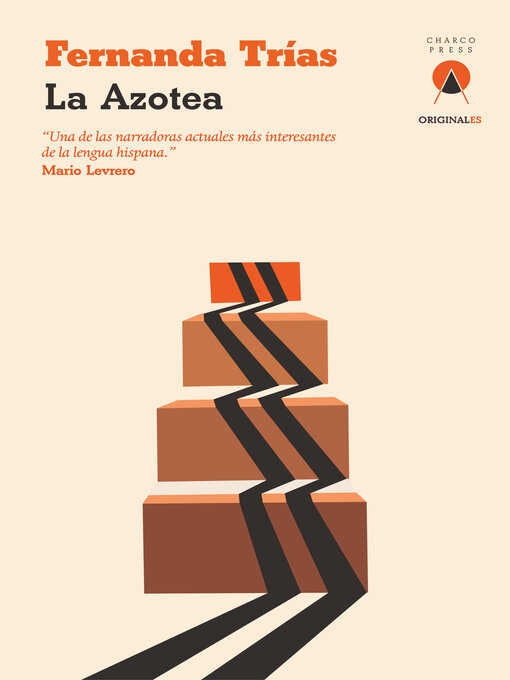Empezamos allí donde terminamos: ¿qué ha ocurrido en este apartamento en ruinas, separado del mundo exterior?
En un apartamento en ruinas, en una ciudad uruguaya sin nombre, un padre y su hija se encierran y se aíslan del mundo exterior. "El mundo es esta casa", dice Clara. La azotea se vuelve su último y único acceso a la libertad. Hay un solo testigo: el canario.A medida que los vínculos de Clara con el afuera se van extinguiendo -la vecina que deja de venir, el novio cuya existencia es aparente solo a través de un embarazo-, la desesperación y la paranoia van tomando protagonismo. Es un abrazo que asfixia, y nosotros estamos aquí con ella, nuestra narradora, aterrados ante lo que trae el devenir.
In a rundown apartment building, in an unnamed city in Uruguay, a father and daughter close themselves off from the world. 'The world is this house', says Clara, and the rooftop becomes their last recess of freedom. A pet canary is their only witness.As Clara's connection to the outside is stripped away—the neighbor who stops coming by, the lover whose existence is only known by a pregnancy—desperation and paranoia take hold. It's a stifling embrace, and we are there with her, our narrator, dreading what we know the future holds.
In a rundown apartment building, in an unnamed city in Uruguay, a father and daughter close themselves off from the world.
"The world is this house," says Clara, and the rooftop becomes their last recess of freedom. A pet canary is their only witness.
As Clara's connection to the outside is stripped away—the neighbor who stops coming by, the lover whose existence is only known by a pregnancy—desperation and paranoia take hold. It's a stifling embrace, and we are there with her, our narrator, dreading what we know the future holds.
